Rebranding the last Shangri-La
Royal Kingdom of Bhutan
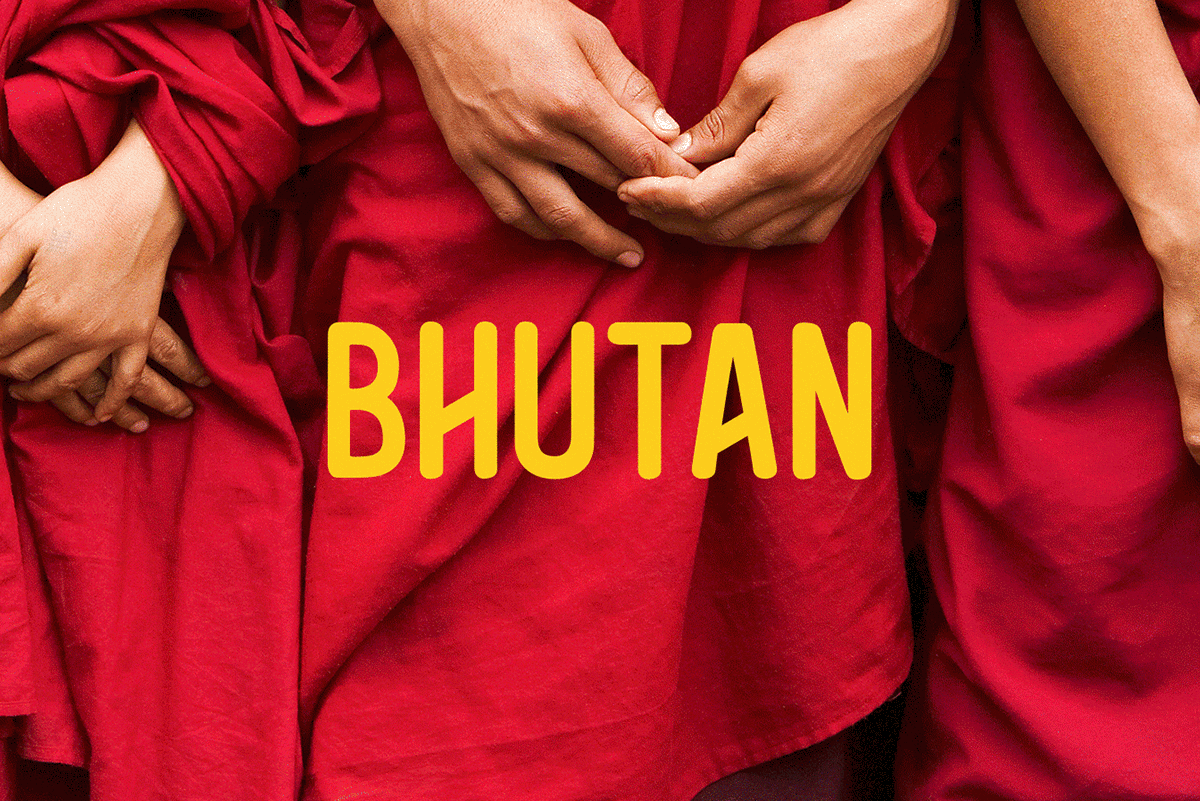
The Royal Kingdom of Bhutan is a small, landlocked country with a population of around 770,000 and a GDP of US$2bn, aiming to develop tourism and export development.
While stunningly beautiful with a rich and distinctive culture, Bhutan is not widely known as a tourist destination nor an expert producer in a specific industry or sector. Bhutan’s economy and skilled workforce are developing, and the small population and limited resources mean Bhutan cannot benefit from economies of scale. Furthermore, lack of infrastructure and intense competition from neighbouring countries means competing nations can offer their ‘uniqueness’ more efficiently and cheaply.
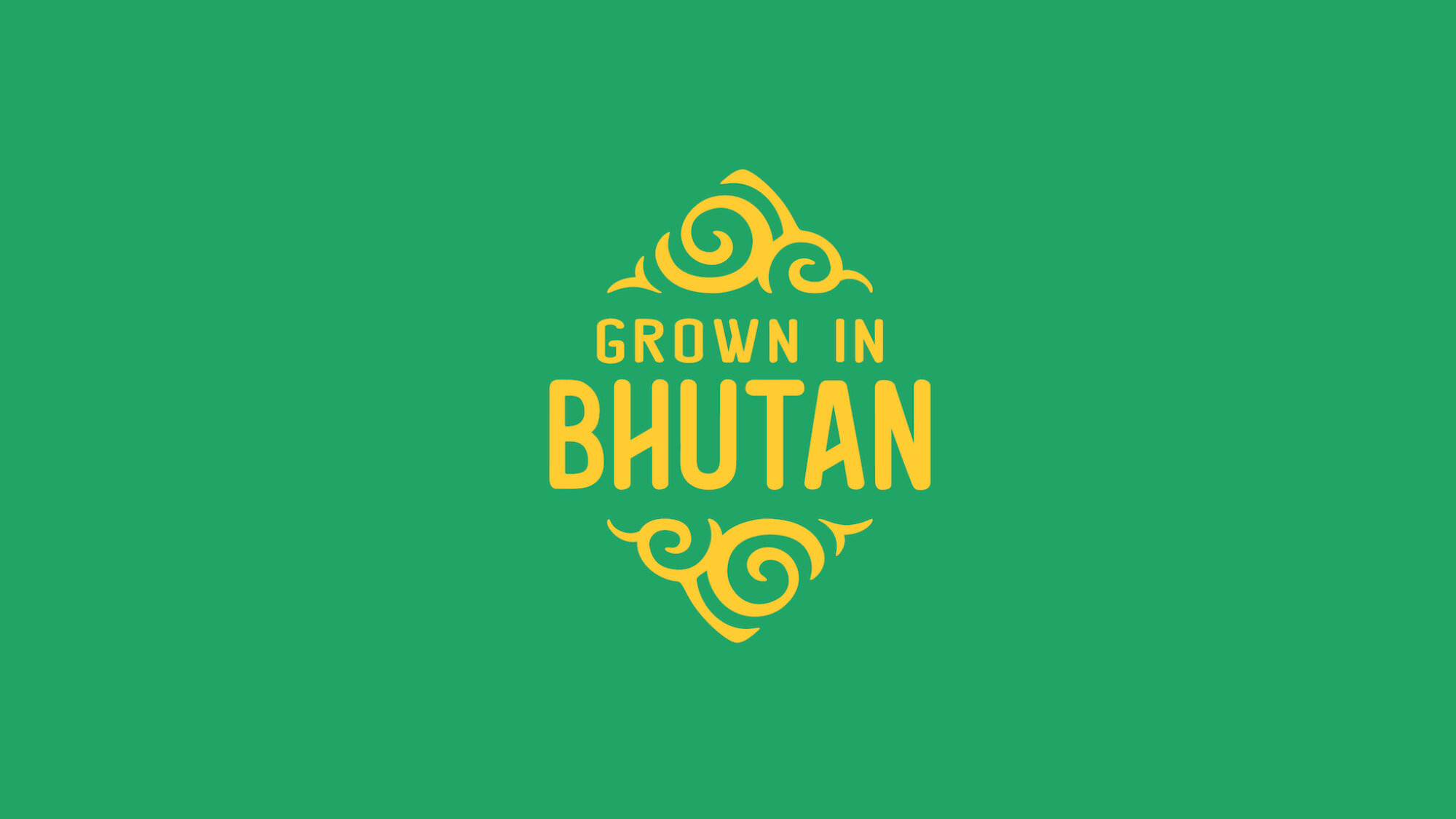
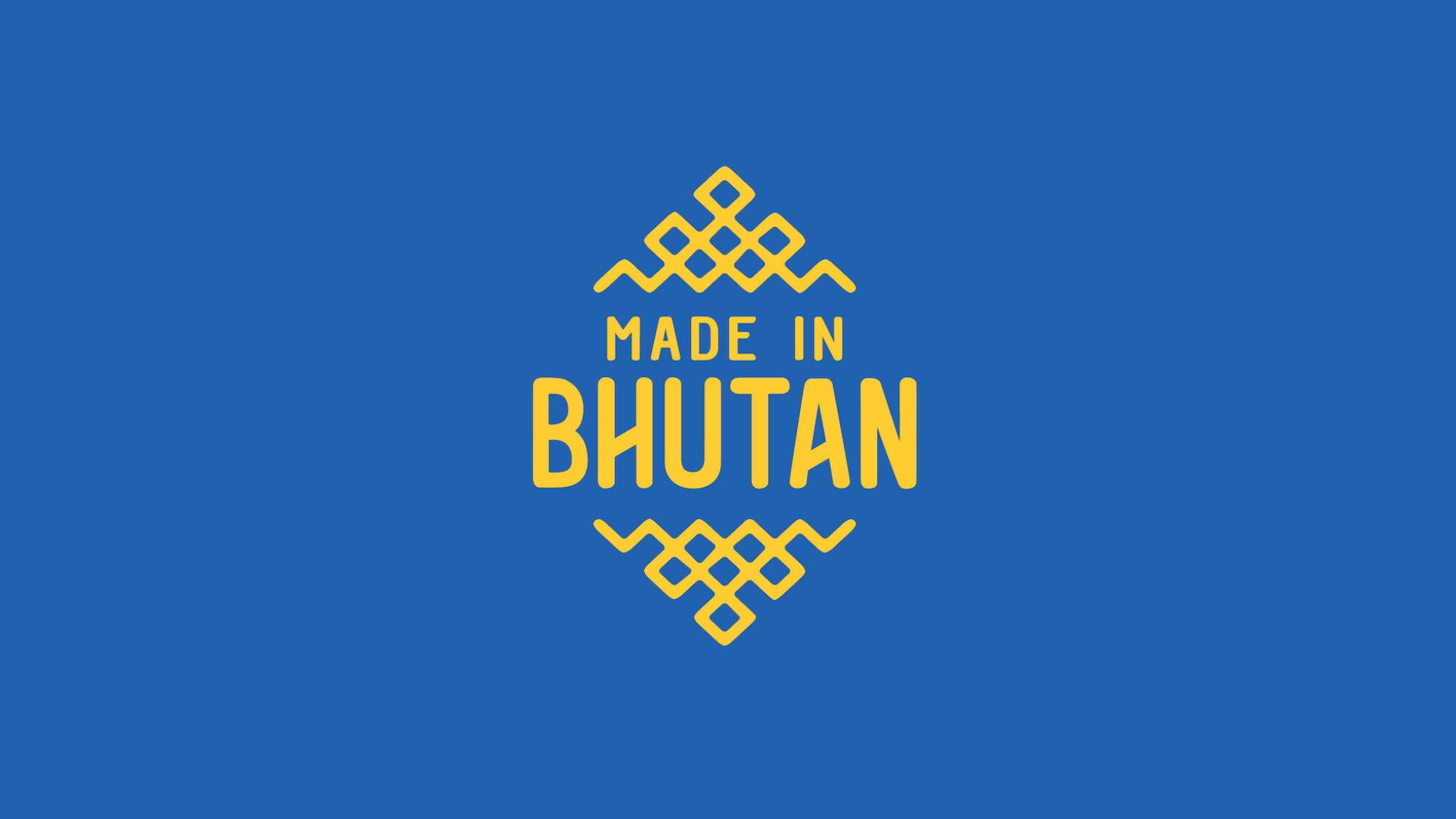
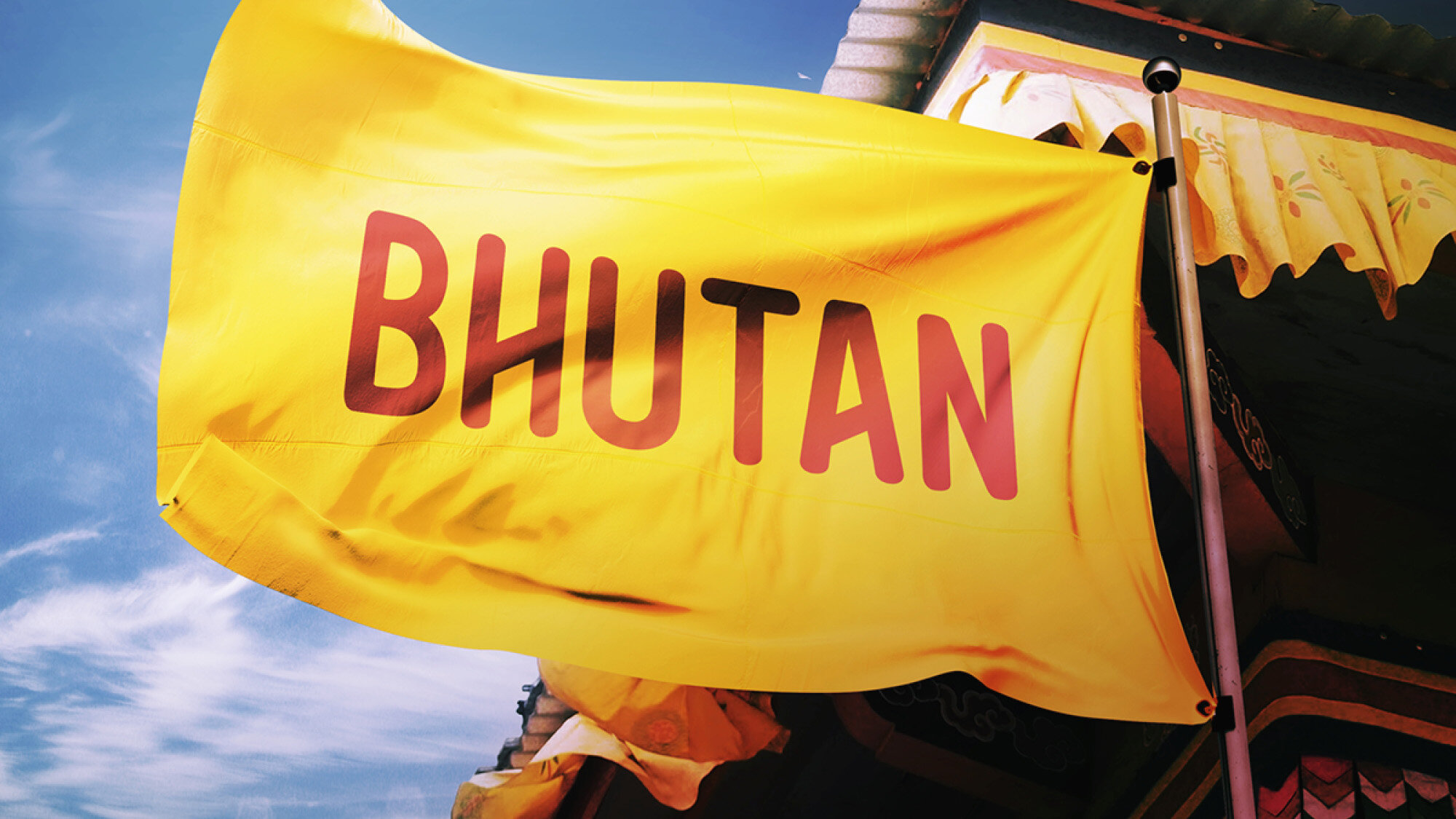
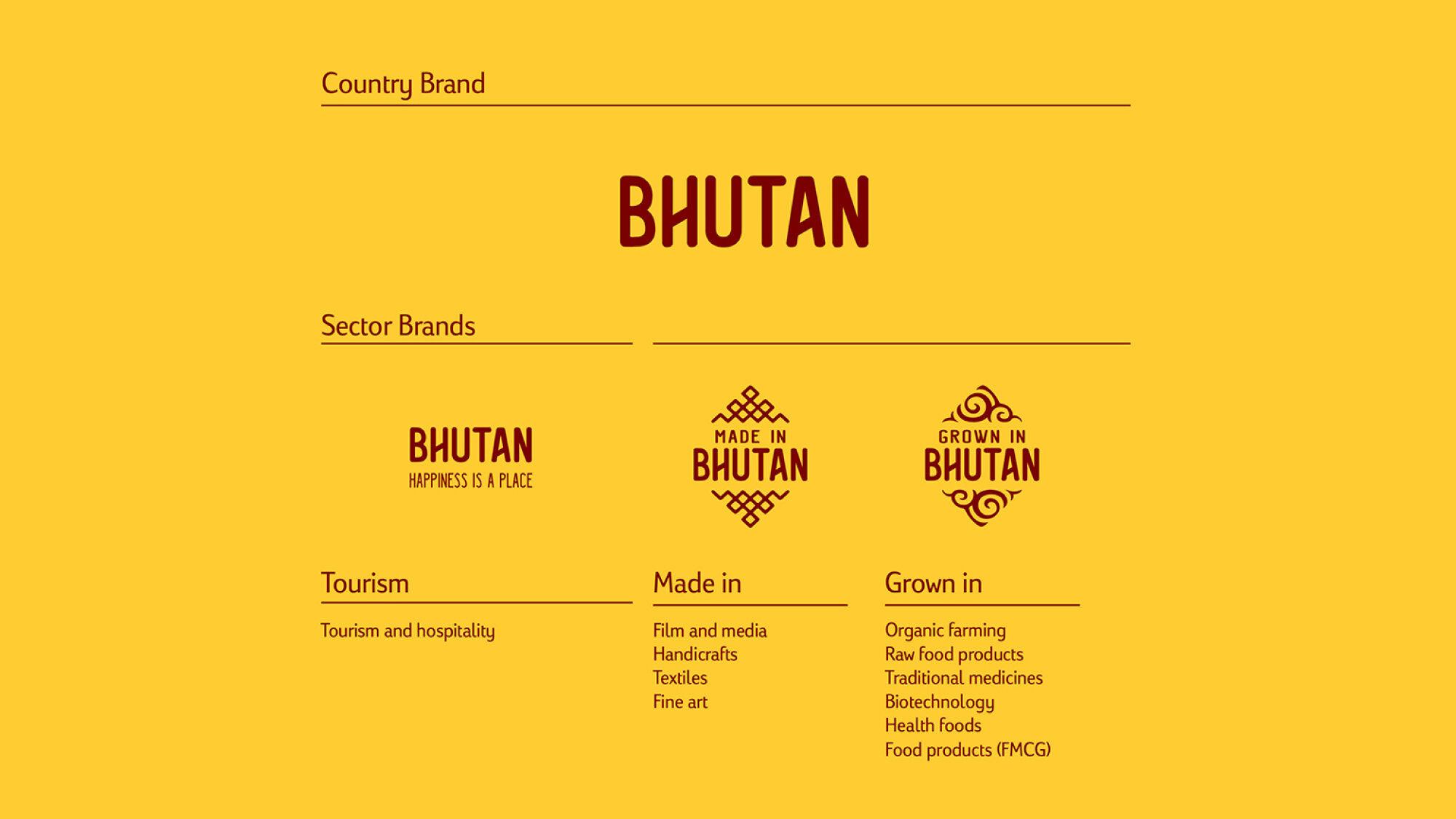
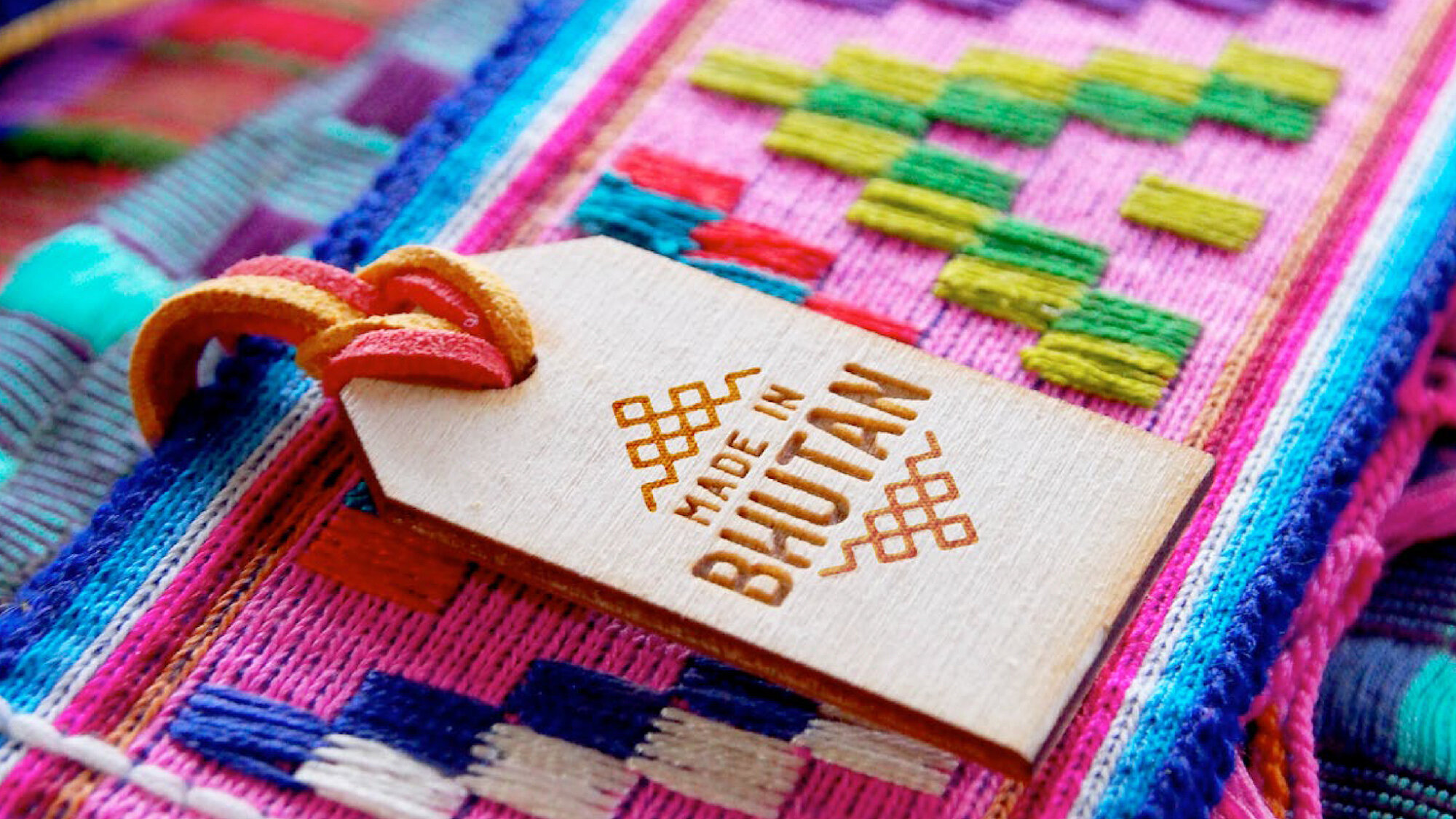
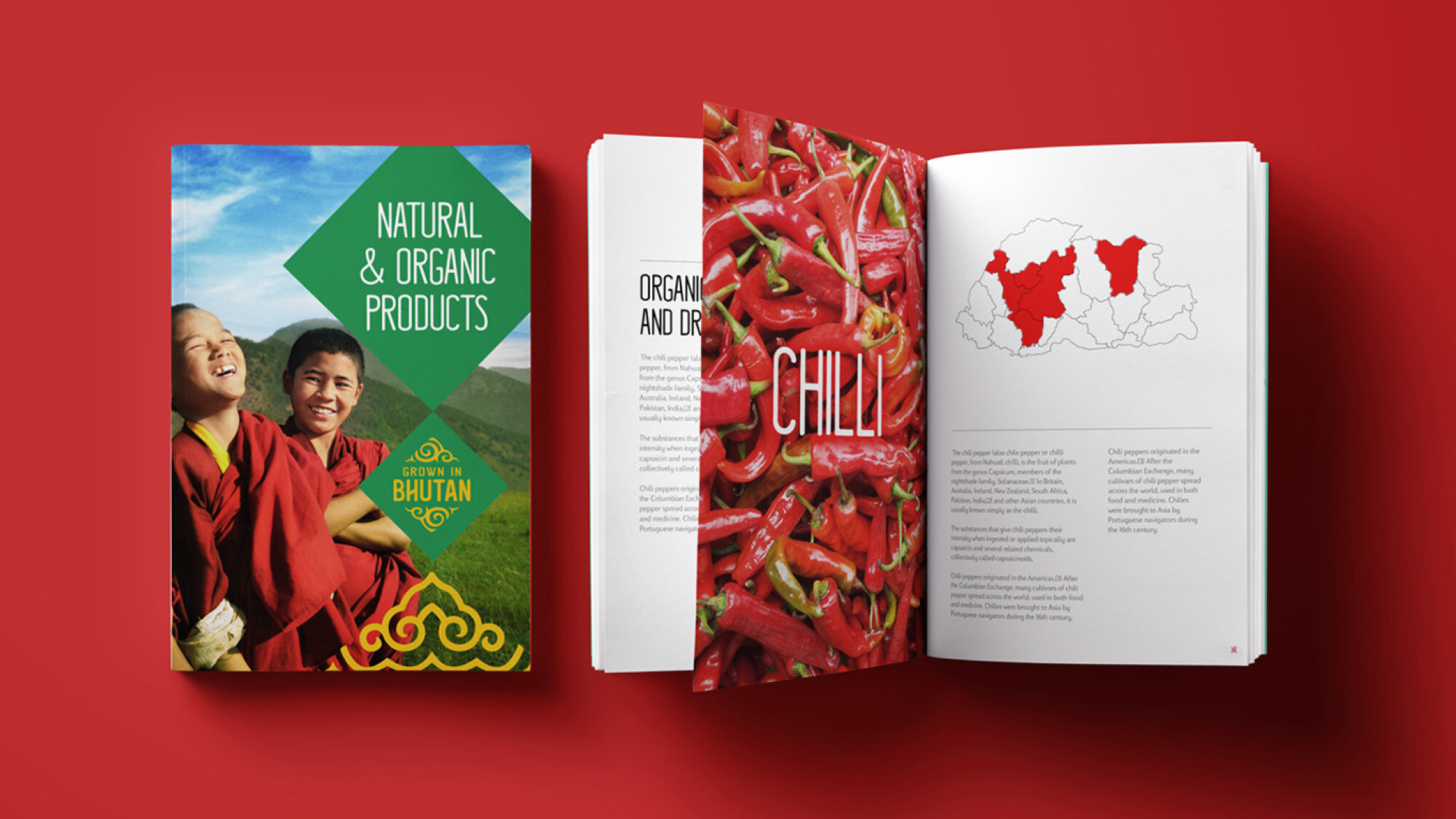
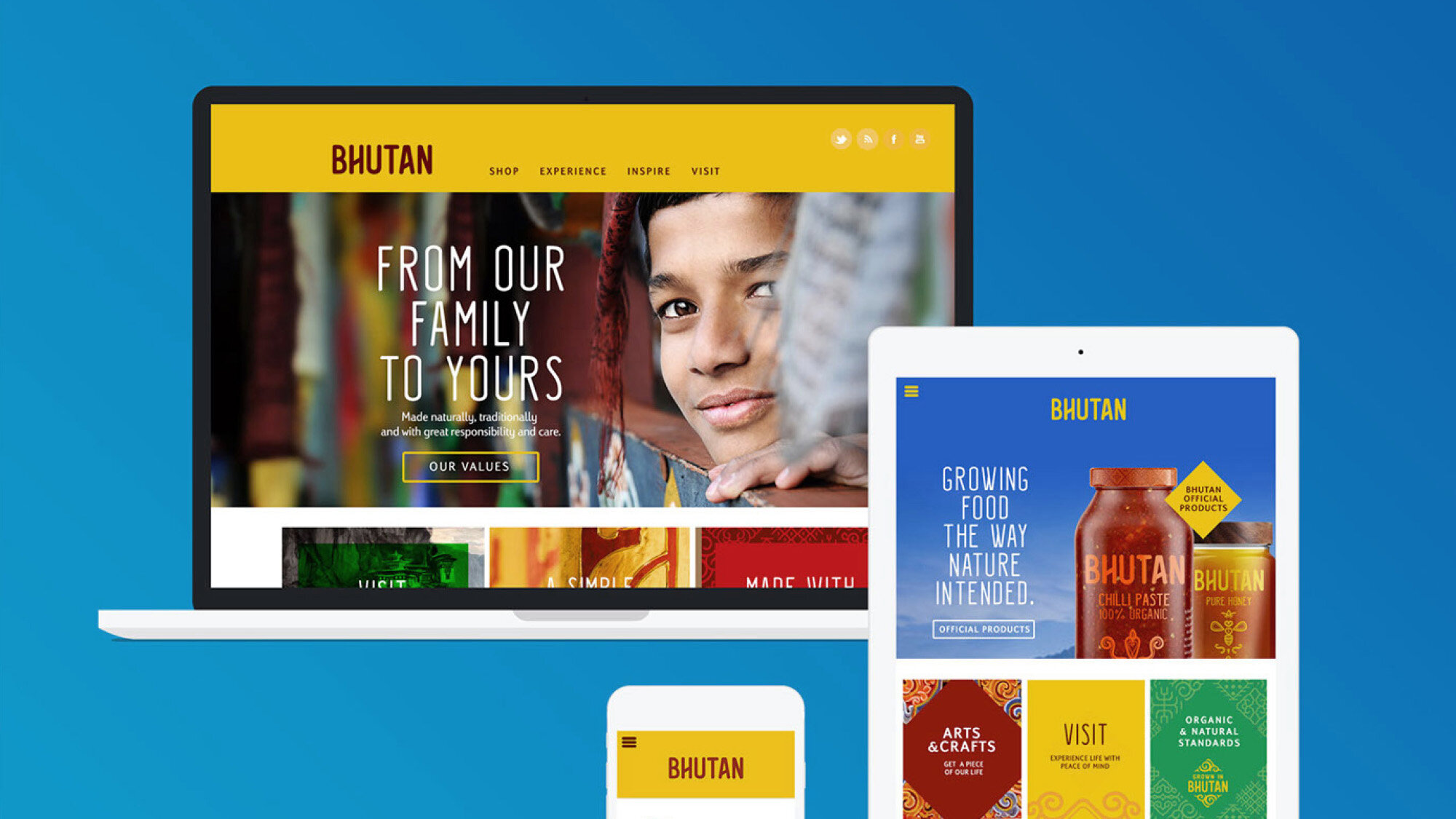
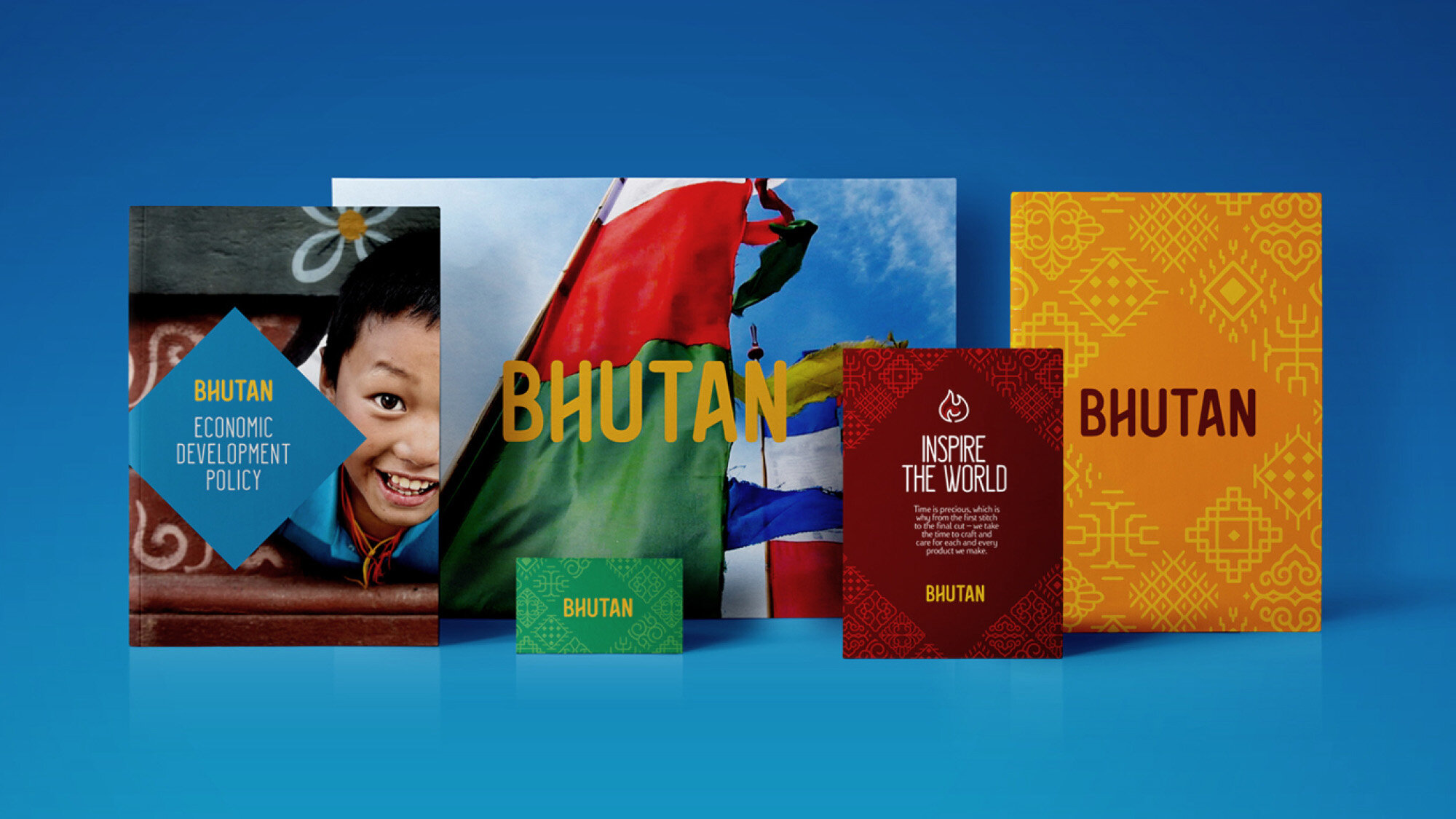
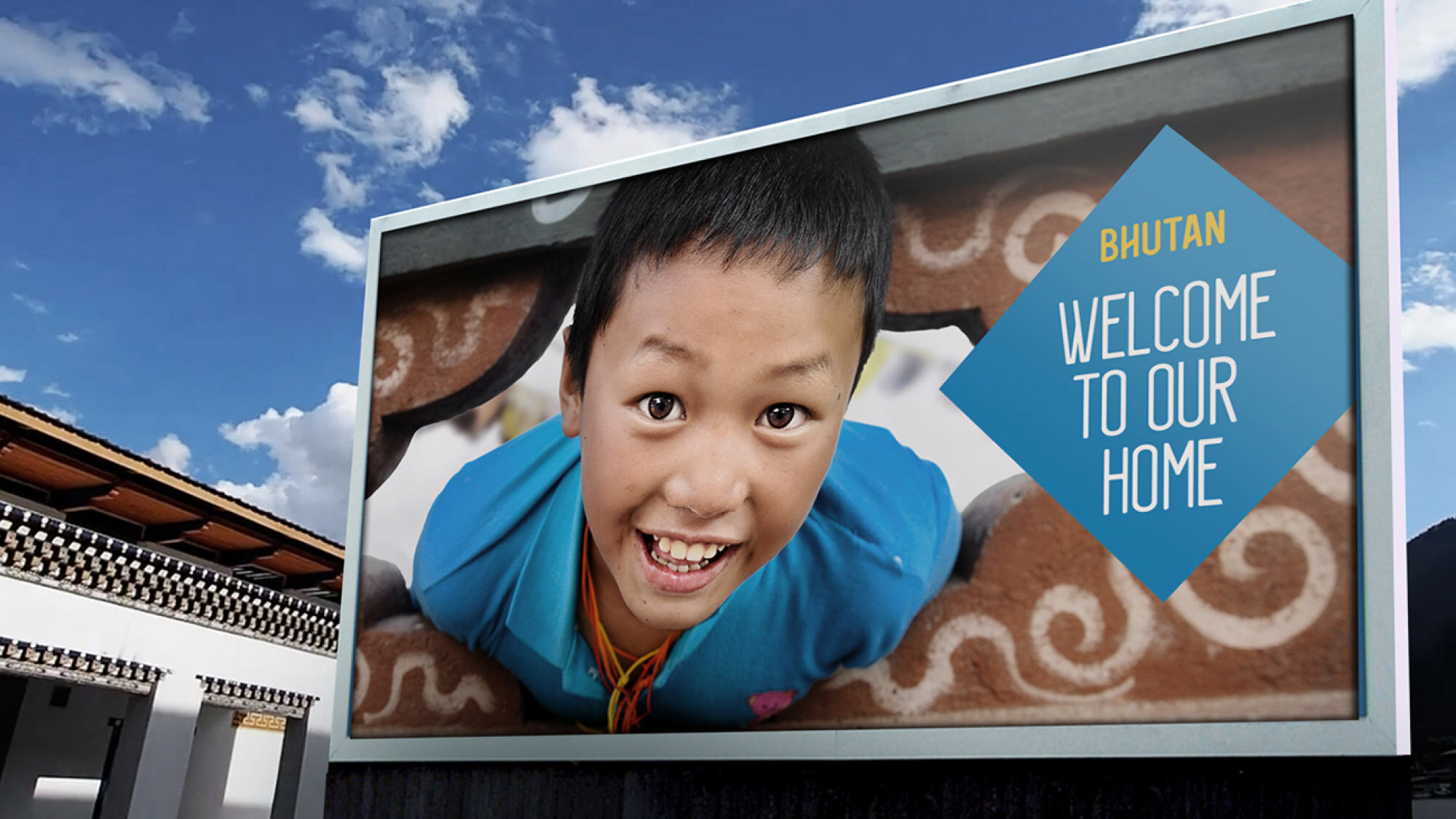
Inspiring generations for good
With support from the UNDP, Bhutan’s Department of Trade embarked on an extensive programme to develop a ‘Made in Bhutan’ brand strategy and identity system. This initiative aimed to promote exports with a specific focus on goods and services authentically produced and originating from the Kingdom. Research and immersion uncovered an immediate need for the Kingdom to define the country brand of ‘Bhutan clearly’ — as defining a ‘Made In Bhutan’ value proposition would have been meaningless without determining a Country Brand Positioning. As such, the consultancy team set out to define the country's brand strategy and architecture, working with stakeholders across the government and private sectors.
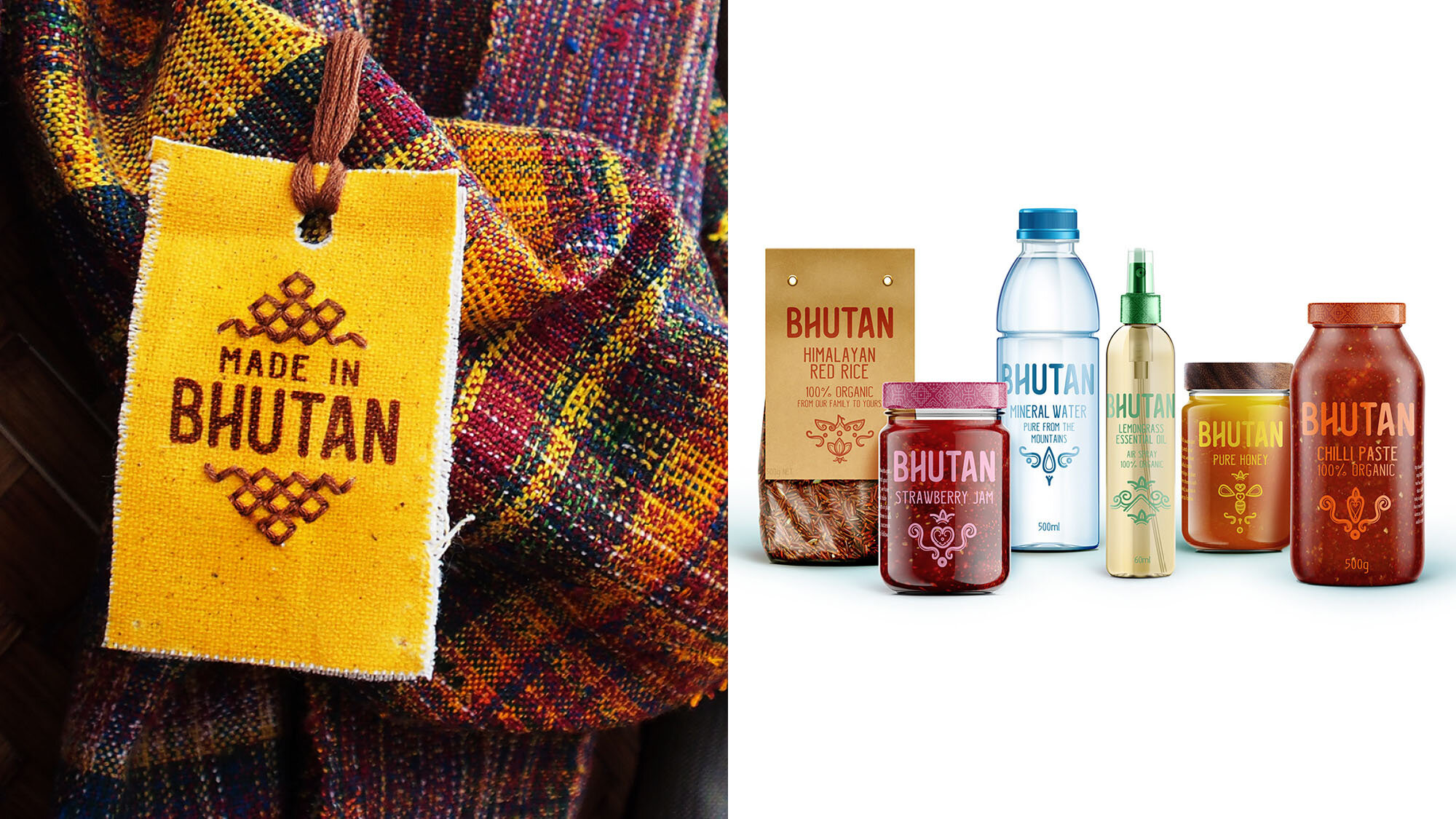
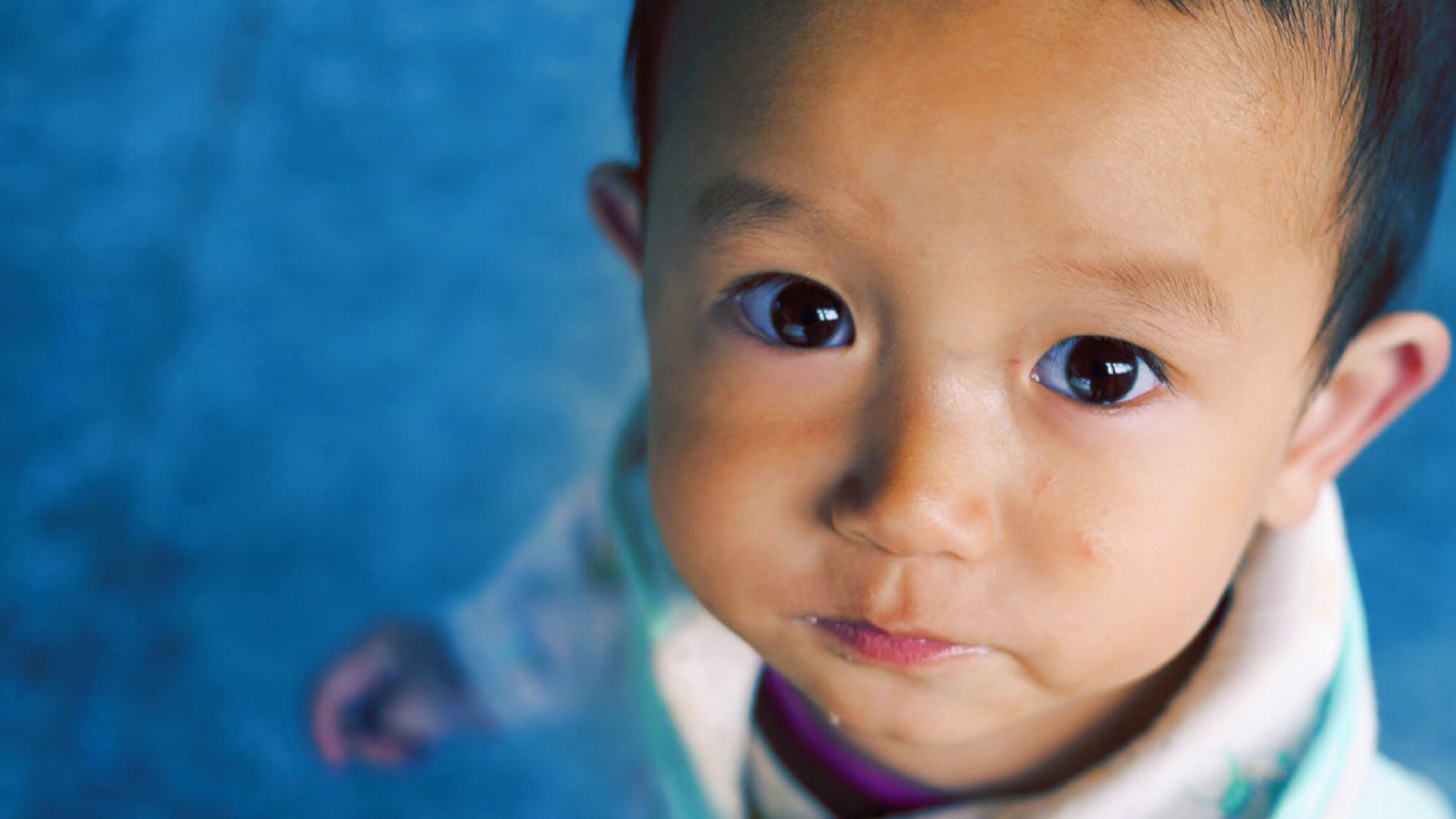
Bhutan’s purpose is to foster true happiness through sustainable development, good governance, and the preservation of Bhutanese culture and the environment.
An architecture of authenticity
A new country brand identity was developed, capturing the spirit of the Kingdom, its people, and their way of life. All visual and verbal expressions reflected the values of Bhutanese society and the country’s rich history and amplified the ethos of Gross National Happiness (GNH), Bhutan’s famed principles for sustainable development, conservation, and good governance. Supported by a comprehensive suite of strategic and creative tools, we facilitated brand training and portfolio implementation—aligning cross-government stakeholders and helping roll out a new hallmark of authenticity. Embedding a system that captures the long-term vision for the country, international trade and sustainable tourism.

“Our unified country brand can be leveraged across all sectors for moving up the value chain. It is a powerful intangible asset. An inspiration to people of our country, and safeguard to our national identity.”
Sonam Wangdi, Joint Secretary
Ministry of Economic Affairs
Credits
Sponsor: United Nations Development Programme (UNDP)
Creative Agency: FutureBrand, ASEAN
